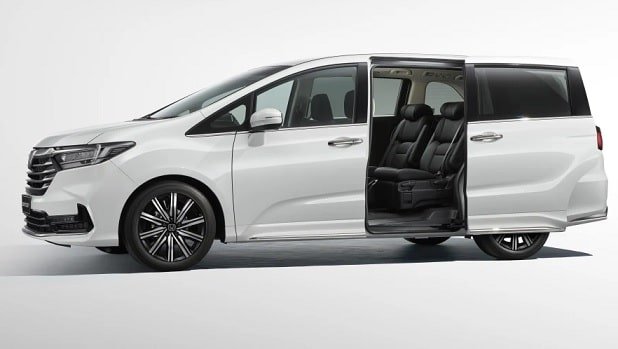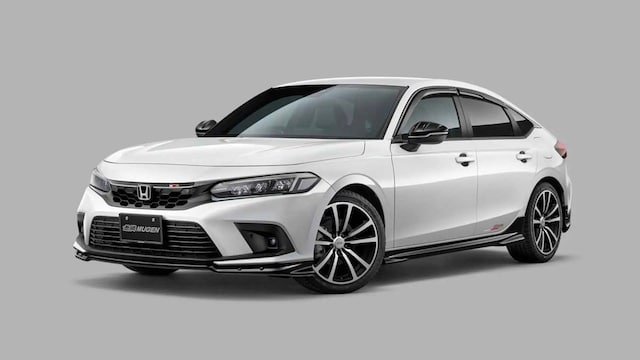Your Honda Civic’s blower motor is a very important component of the car. It helps to run both the air-conditioning and heating systems. You can find the blower motor in the dash mostly opposite the steering wheel. In some cases, it sits in the engine right on top of the firewall.
The blower motor control or resistor is the part of the blower motor that regulates its speed. While both work hand in hand, they are quite different. In this post, we will look at the possible blower motor problems and how to fix them.

Honda Civic Blower Motor Not Working: Common Problems
Most times when you say that your blower motor has a problem, it is actually the resistor that is faulty. One of the most common problems associated with the blower motor resistor is with the heater fan. In this case, the fan runs at the fastest speeds (4 or 5). Sometimes, the fan even stops functioning completely.
There are several reasons why the blower motor resistor may fail. The two most common reasons are overheating and corrosion. It is also possible that this component may experience mechanical resistance. Such resistance affects the rotation of the motor resulting in excessive electric current that leads to overheating.
A typical example of this is when the fan blade stops moving because it is jammed by foreign objects. Another example is when the motor stops rotating because of worn-out bearings.
This is not to say that the control module cannot have problems. It displays similar problems to resistor especially since it also corrodes and overheats. When either the blower motor resistor or control module fails, the blower motor stops working. In some cases, the motor may continue to run even after the car is off.
Diagnosing the Blower Resistor
Like we stated above, the major problem with the blower motor is the blower resistor. There are several diagnostic procedures for this component. It is very easy to tell if it is faulty or not by a simple visual evaluation. This is because you can tell if the resistor is corroded or not by just looking at it.
Sometimes, the resistor may not show any signs of physical damage. In this case, you need to check the resistance between both terminals. After doing this, you should compare them to the original specifications. If you notice that the resistor isn’t matching the original specifications, replace it immediately.
After checking the resistance and replacing the resistor if necessary, check the blower motor. Is the motor running freely without noise? If it is, then it means that the blower motor is worn out. Not replacing it will result in the resistor developing a fault in the nearest future.
Testing the Blower Motor
If you notice that the blower motor isn’t working, then you need to test it. You can run a simple test by measuring the amount of voltage that the motor produces when it is on. If the motor is producing voltage but it isn’t running, then it is either jammed or bad.
Several things such as nuts, twigs, ripped cabin filters, and leaves can all jam the blower motor blade. This is very common with many Honda Civics. Sometimes, the motor doesn’t even produce any voltage. If this happens, then you need to check the blower motor circuit. Begin the testing at the fuse and then go to the rest of the circuit.
We suggest that you reach out to a professional to carry out this test. This way you can avoid creating problems that don’t exist out of lack of experience.
Testing the Blower Motor Control Module
With a simple scan tool, the mechanic can check the HVAC system. Several modern cars even come with a diagnostic or self-testing mode. If you don’t have access to either, you can simply check the voltage at the control module and the blower motor.
Usually, the control module (referred to by Honda as “power transistor”) supplies the ground. It comes with 4 wires. One is “the ground,” another goes to the “blower motor negative terminal,” and the last two are from the climate control unit. Check to see that voltage supplies across these wires as it should.
We should note here that the most common cause of Honda Civic Blower Motor not working is the power transistor. Speak to your mechanic to help you check this out for more specific testing.
Honda Civic Blower Motor Not Working: Repair Options
The easiest way to solve the problem is to reach out to your mechanic. Most times, you may need to replace a fuse, the resistor, or the control module. You will scarcely need to change the blower motor. Your best bet is to ask for professional help. If you have any questions, drop them in the comments section below.







